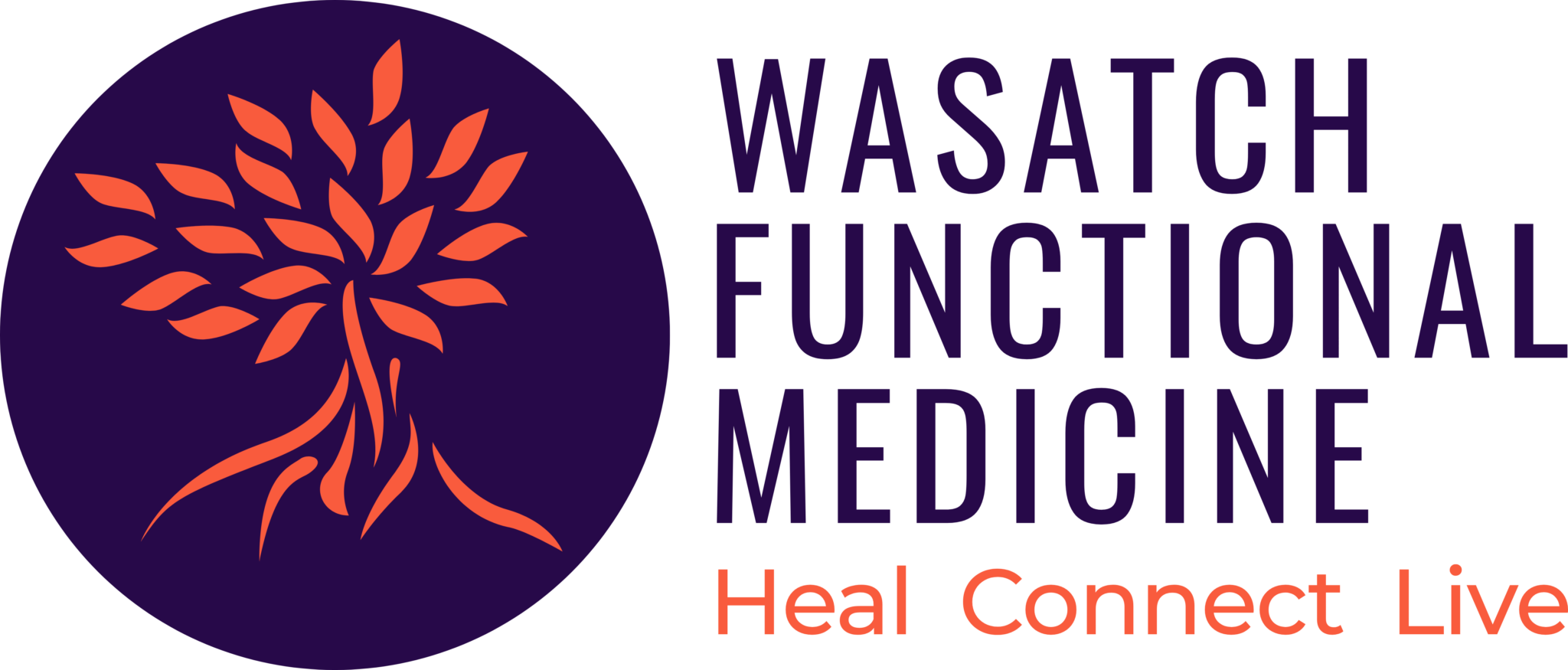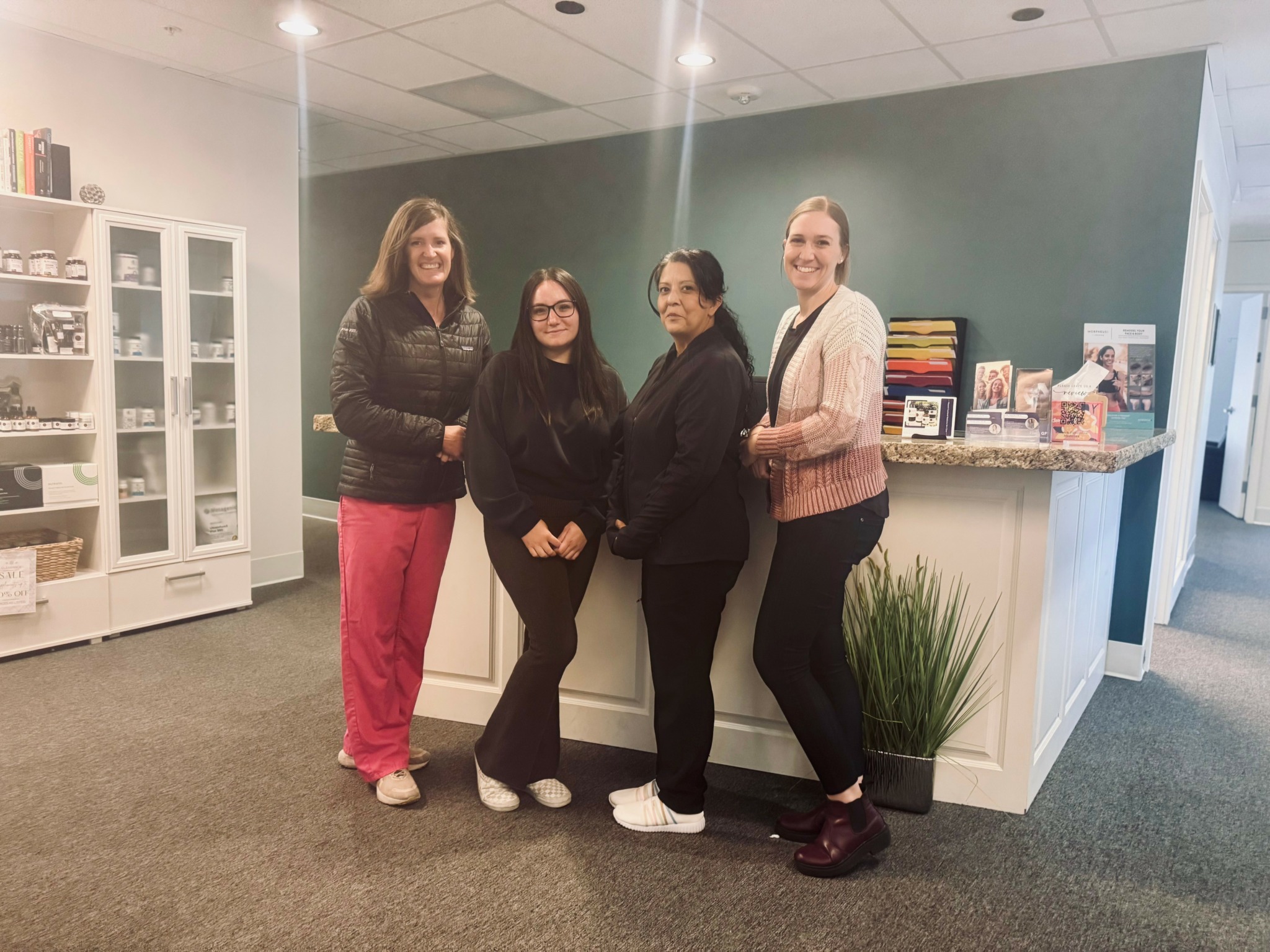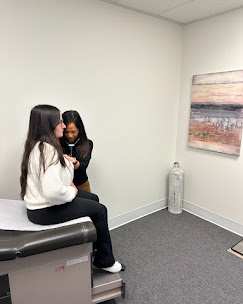We caught up with the brilliant and insightful Catherine Peterson a few weeks ago and have shared our conversation below.
Catherine, looking forward to hearing all of your stories today. Was there a defining moment in your professional career? A moment that changed the trajectory of your career?
One of the most defining moments in my career didn’t happen in a clinic — it happened in a hospital room when I was a patient myself. My first child was born prematurely after a traumatic labor and scary delivery. He was whisked away to the NICU, and suddenly, I found myself in a place that should have felt safe, but instead felt isolating and overwhelming.
As a new mom, I was consumed by fear, and yet I was surrounded by medical professionals who spoke in terminology I didn’t understand. Decisions were being made about my baby and my body, but I wasn’t part of them — I was simply watching, confused and powerless. I remember thinking, “This can’t be how healthcare works. People shouldn’t feel this alone when they need support the most.”
That experience stayed with me. It cracked something open in me and planted the seed for everything that would come after. I became a nurse because I never wanted another person to feel what I felt in that moment — unseen, unheard, and unempowered in their own care.
Later, as I moved into functional medicine, I realized I had found the space to truly practice the kind of care I had always envisioned: patient-centered, holistic, and rooted in the belief that people deserve time, attention, and partnership in their healing. That moment in the NICU wasn’t just a painful personal chapter — it was the turning point that gave my career direction, depth, and heart. And to this day, it’s what drives me to show up for my patients with empathy, advocacy, and the unwavering belief that their stories matter.

Catherine, love having you share your insights with us. Before we ask you more questions, maybe you can take a moment to introduce yourself to our readers who might have missed our earlier conversations?
My name is Catherine Kelly Peterson, I prefer the name Kelly, and I’m a functional medicine nurse practitioner with over two decades of experience walking alongside people through some of their most vulnerable health challenges. I founded Wasatch Functional Medicine, not out of a desire to run a business, but from a deep conviction that healing should feel personal, empowering, and rooted in compassion. I chose nursing because I wanted to be a strong advocate for patients, especially during moments when they feel unheard or overwhelmed. Especially those who feel like they have lost their voice in the medical system.
My path into healthcare was shaped by a personal experience that changed a lot for me. My first child was born prematurely. Labor was traumatic, delivery was scary, and he ended up in the NICU. During that time, I remember feeling like I had no control — not over my body, not over what was happening to my baby, and not over the decisions being made around us. I didn’t understand the medical language being used, and I felt completely powerless as a new mom and a patient. That experience stuck with me. I kept thinking, “No one should ever feel this alone in their care.” That’s what led me to nursing. I wanted to become the kind of healthcare provider who could walk alongside others during those deeply vulnerable times and help them feel seen, supported, and informed.
Over time, and over 22 years as a nurse, I found my passion in functional medicine. I just knew I had found a way of practicing medicine that helped people truly heal. I began working in a functional medicine clinic that took insurance, but the traditional system — seeing patients every 15 minutes — just doesn’t work when you’re committed to spending an hour with someone to understand the root of their health issues. When that clinic closed, I had a choice: go back to conventional care, or build something new that aligned with my values.
So I opened my own functional medicine clinic, because I knew this work mattered. I saw people get better. I wanted to create something affordable, something more people could access because seeing a functional medicine provider isn’t necessarily cheap. We’ve now been open for over three years, and part of what I’m most proud of is that we’ve offered free classes to the community every month since the beginning. I wanted to create a space where people could learn about their health and feel empowered, even if they couldn’t afford to become a patient. I believe education and healing shouldn’t be reserved for only those who can afford it.
This work has shaped who I am. And even with all the challenges — the long days, the unknowns — I wouldn’t change any of it. Becoming a nurse and specializing in functional medicine wasn’t just a career choice — it was a calling. And I would make the same decision again and again.

Any stories or insights that might help us understand how you’ve built such a strong reputation?
Honestly, I am most thankful for my patients. They are the reason I’ve been able to grow and build a practice I love. Many of them come to me not feeling like themselves — tired, overwhelmed, or simply not getting the answers they’ve needed. And by the end of our work together, they often say they feel like they’ve gotten their lives back. It’s incredibly rewarding to witness that kind of transformation. While they often thank me, I always remind them: they did the hard work — I was just there to guide and support the process.
Functional medicine is about understanding how your daily choices — how you sleep, manage stress, move your body, and especially how you eat — affect your overall health. These aren’t just habits; they’re powerful tools that influence how your genes behave.
For a long time, the focus in medicine was on the Human Genome Project — the idea that our health was determined by the genes we inherited from our parents. But more recently, with the completion of the Human Microbiome Project, we’ve learned something incredibly important: the gut plays a huge role in how those genes are expressed. You might carry genes for things like diabetes, heart disease, or autoimmune conditions, but it’s your lifestyle — especially the health of your microbiome — that determines whether those genes get turned on or off.
That’s what makes this work so powerful. I love teaching people that their health is a story — one shaped by the stress they’ve lived through, the foods they’ve eaten, the choices they’ve made, and the resilience they’ve built. When people understand that, it’s like a light turns on. They feel empowered, often for the first time in a long time. And that’s where healing really begins.
I’ve built this clinic around my values, and I believe people feel that. Most of our growth has come through word of mouth. Yes, we have a social media and Google presence, but nothing is more powerful than a patient sharing their story with someone else and saying, “This changed my life.”
That said, I’ve learned I can’t be everything to everyone. Not every patient relationship works, and that’s okay. I do this work with love and high standards, and I’ve learned to protect my peace so I can keep showing up fully. When someone leaves a hurtful or inaccurate review, it stings — especially when you know how hard you tried. But I stay grounded in the truth that I’m doing this work with heart, and for the right reasons.
So to answer the question: my reputation has grown because I’ve stayed true to my values, honored my patients’ stories, and created a place where people feel heard, seen, and supported. That’s what matters most to me.

How do you keep your team’s morale high?
Honestly, I never set out to be a business owner or a leader — I just wanted to care for people. Whether it was my family, my patients, or the team around me, my instinct has always been to support others. But when I opened my clinic, I quickly realized that leading a business meant also leading people — and how I show up as a person directly affects the energy and morale of the entire team.
Because I practice functional medicine, I understand how deeply stress impacts health. We talk all the time with our patients about how unprocessed stress can contribute to high blood pressure, heart disease, unhealthy coping mechanisms, and ultimately, burnout. So the last thing I wanted was for our clinic to be a place that creates stress. I’ve worked in toxic healthcare environments before — with bullying, disrespect, and exhaustion baked into the culture — and I promised myself I would never allow that in my own clinic.
From the beginning, I was intentional about building a team that works well together, respects one another, and genuinely enjoys coming to work. I believe kindness is non-negotiable. That value is woven into every hiring decision and every interaction. We’re not just co-workers — we’re here to support each other, and that makes all the difference.
I’ve also become very aware of how energy affects morale. Everything is made of energy — including us — and I’ve learned that the way I show up each day impacts the people around me. If I’m having a rough morning and bring that energy into the office, my team feels it. My patients feel it. So I’ve made it a practice to pause, reset, and leave the stress at the door — not to ignore it, but to keep it from spilling over onto others. I encourage my team to do the same. If someone’s struggling, we talk. If they need time off — whether it’s a sick day or a mental health day — I support that. We all have human moments, and I want my staff to know that it’s okay to take care of themselves, too.
I also believe that recognition goes a long way. While I might not be able to give my team everything they deserve financially, I always try to acknowledge their effort, say thank you, and let them know how much they’re appreciated. That kind of support and communication is what holds us together.
So, my advice? Create a culture of kindness and emotional awareness. Lead with respect. Take breaks when you need to. Leave your bad day at the door when possible — or talk about it if you can’t. And remember that we’re all just humans doing our best. A healthy work environment is a healing one — for staff, for patients, and for me, too.
What started as a desire to be there for others has turned into a community of healing I never could have imagined. And I’m so grateful for it every day.
Contact Info:
- Website: https://www.WasatchFunctionalMedicine.com
- Instagram: https://www.instagram.com/wasatch_functional_medicine
- Facebook: https://www.facebook.com/WasatchFunctional

Image Credits
Taken personally.


